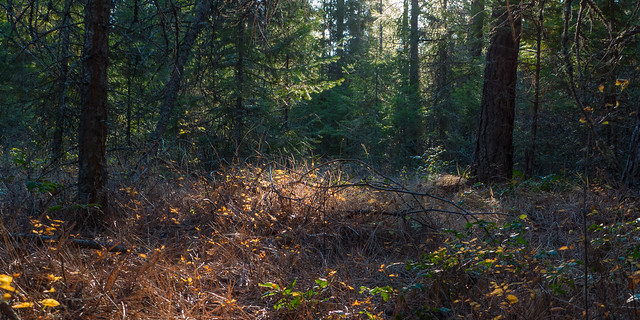Our ancestors got up off their forelimbs and started walking upright more than two million years ago. Now it’s time for us to walk upright intellectually and accept our origins and place in the universe for what they are. We are fearfully and wonderfully made, not by the micromanaging deity of Psalm 139 but by a fascinating and elegant naturalistic process.
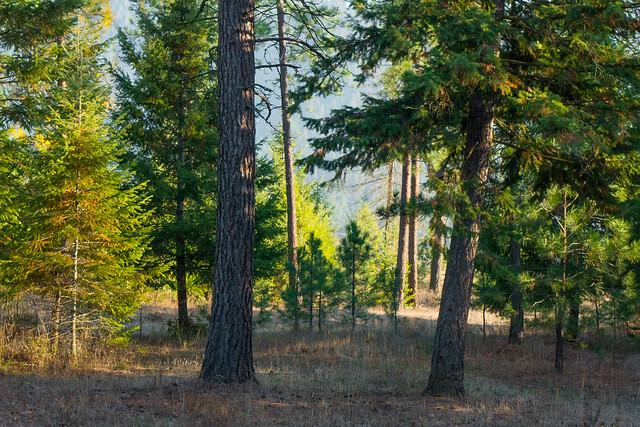
Think of it! Undirected, random variation rises upward from the mindless froth at the floor of an indeterminate universe and percolates through the screen of selection. That filter—natural and sexual selection—is a roulette wheel of replication probability whose numbers are determined by physical constraints and the products of previous evolution. It’s all chance and necessity, as far back as we can see. No deity compatible with evolutionary science is triggering the mutations, spinning the wheel, or determining the odds.
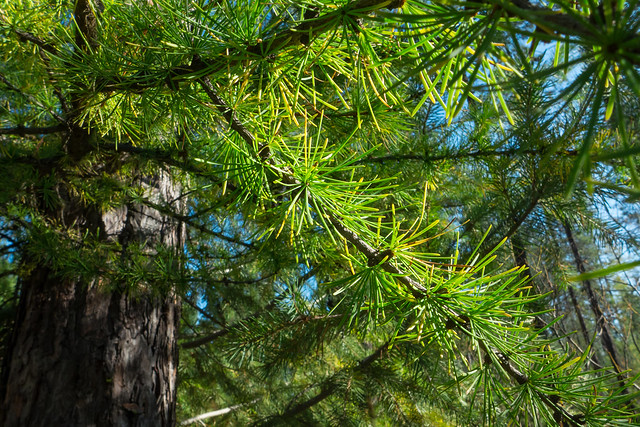
Yes, our existence is fleeting, and can seem insignificant. We are, each of us, just a single one of the uncounted trillions of organisms resulting from evolution, and the longest of our lifetimes will span the tiniest fraction of the billions of years that life has existed on this planet.
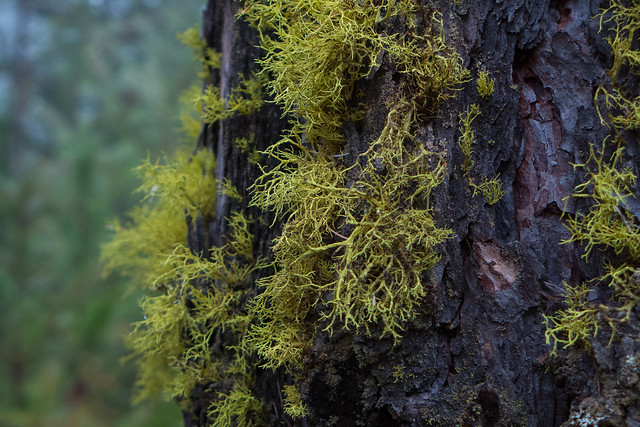
Annie Dillard faced that reality with the same profound elegance as her many other observations at Tinker Creek: “I am a sacrifice bound with cords to the horns of the world’s rock altar, waiting for worms.” That is our fate, too, and we might as well accept it with the same equanimity: “I take a deep breath, I open my eyes. Looking, I see there are worms in the horns of the altar like live maggots in amber, there are shells of worms in the rock and moths flapping at my eyes. A wind from no place rises. A sense of the real exults me; the cords loose; I walk on my way.”
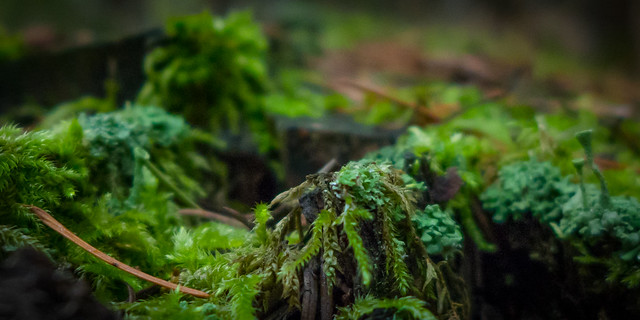
Her courage in facing the void was shared by the Preacher of Ecclesiastes. He acknowledged that the dead “know not any thing, neither have they any more a reward; for the memory of them is forgotten.” Their love, and their hatred, and their envy—all are now perished. Eternal reward? God’s ultimate plan for our souls? Forget it, says this Bible writer: The dead will not have “any more a portion for ever in any thing that is done under the sun” (9:5-6).
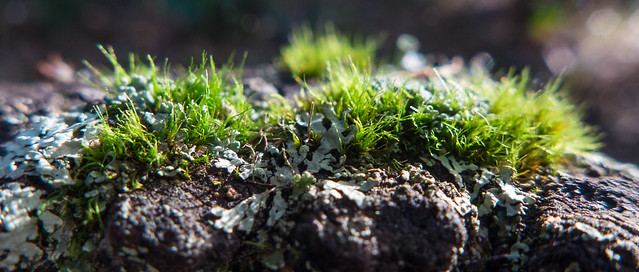
The Preacher’s conclusion (Eccl. 9:7-10) is pragmatic, but cheerful. Go your way, eat your bread with joy, and drink your wine with a merry heart, advises the Preacher, for God now accepts your works. Let your clothes be always white, and let your head lack no ointment. Live joyfully with the wife whom you love all the days of your fleeting life, which he has given you under the sun. That is your reward in life, for there is “no work, nor device, nor knowledge, nor wisdom, in the grave, whither thou goest.”
